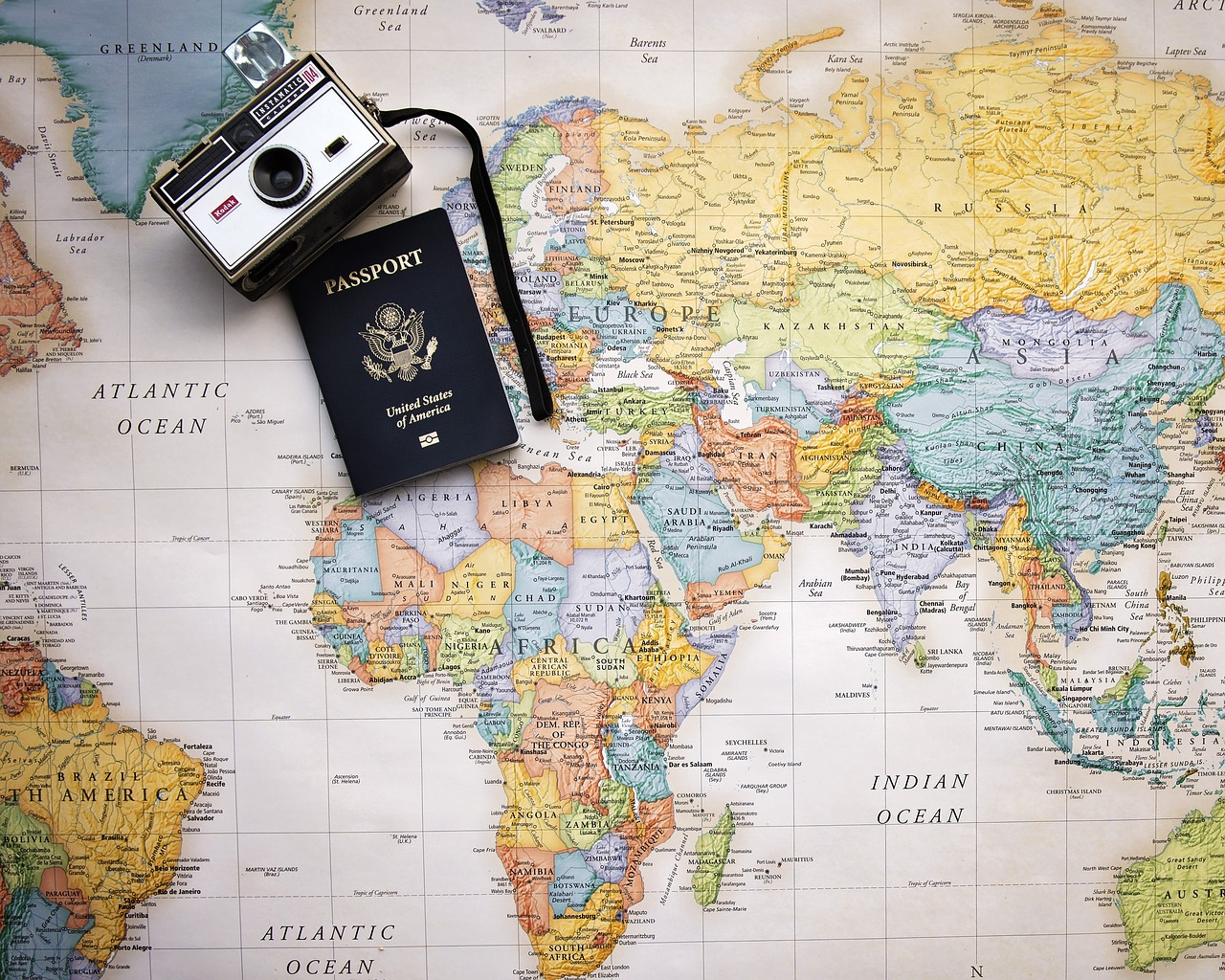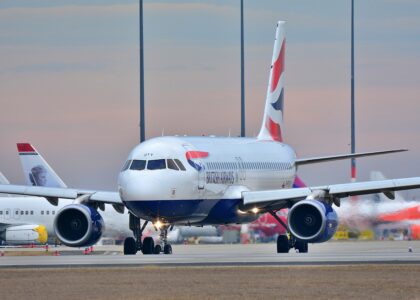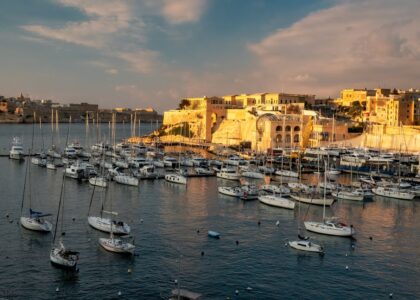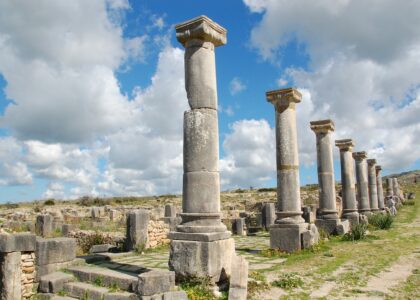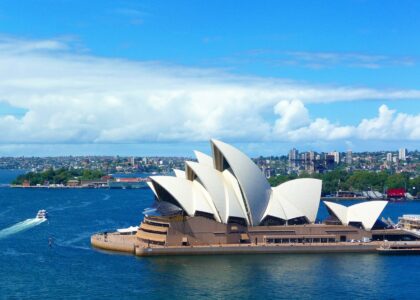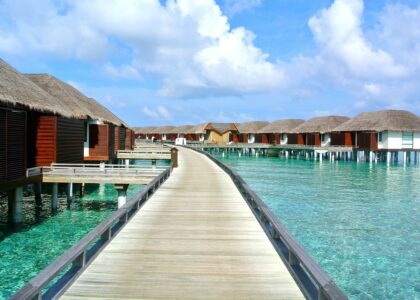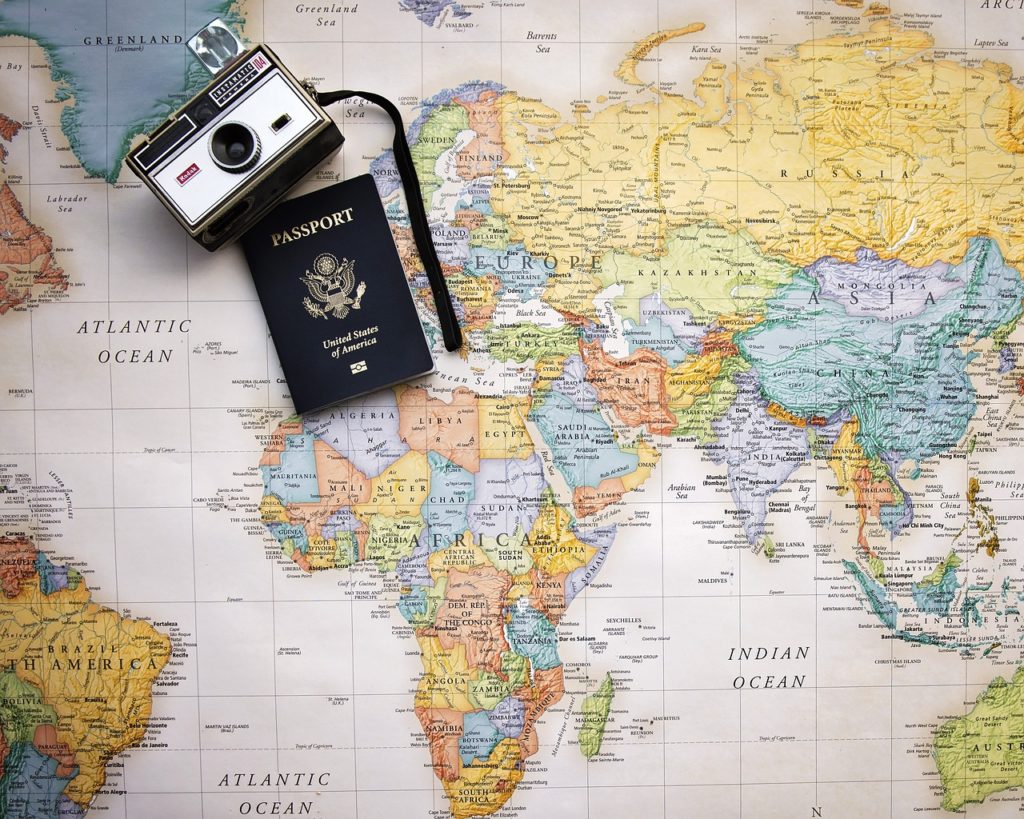
Planning a new trip is always exciting. Booking your annual leave or hitting ‘confirm’ on the airline’s website are exhilarating moments where you can finally begin to imagine yourself in your holiday destination, spending the days sightseeing or simply unwinding.
But the planning stage can also be exhausting. There’s so much research that goes into organising travel—where to go, when to go, where to stay, what to see, how to get around… It can almost put you off, particularly at times when you most need a holiday because you’re living with such a busy schedule.
Luckily, there are some ways to make sure that you maximise your holiday experience without having to put in as much effort.
The 80/20 rule, also known as Pareto’s Principle, suggests that 20 percent of your activities will account for 80 percent of your results. Most often used to set business goals, the principle can also be applied to travel planning. By focusing on the most important 20 percent of planning you can get more out of your holidays with less effort.
Here’s how you can take the hassle out of holiday planning and maximise your travel experiences.
Minimise your planning time
It can be tempting to plan every detail of your trip, especially if you have limited time in a place.
But I can tell you right now, your efficiency in researching will more than double once you actually reach your destination.
Asking staff in the hotel and the people you meet while traveling will get you the answers you need much faster than trawling through tons of opinions on forums or in articles. And their advice will be more up-to-date and tailored to your requirements.
If you plan every detail before you even get there, you might find that once you start speaking to locals or other travelers, you’ll wish that you hadn’t locked yourself into things.
Apart from saving you a bunch of time, not planning every little detail gives you the freedom to say yes to unexpected invitations, take exciting detours, or stay longer in a place than you originally intended.
Keep in mind that your days are much longer when you’re traveling. You’ll easily be able to find a few minutes in the morning or over a coffee break to search for your next step—time which is much more difficult to find when you’re living on your regular schedule.
There are a few key things you should research before you leave home:
- Some things that are worth seeing – so you’re clear on why you want to go there, and if you need to fit any day trips into your schedule.
- The best time of year to go – so you aren’t hit with unexpected weather patterns or highly inflated hotel prices.
- The best neighbourhood to stay in – so you can book at least your first night or two of accommodation and know you’ll be in a good area.
- Currency and conversion rates – so you can withdraw a useful amount of cash at the airport.
Beyond that, many things can be researched once you’re there, either by speaking to locals or other tourists, or checking your favourite blogs or review platforms:
- The best places to eat
- The best way to get to and from the sights you plan to see
- Which sights are must do and which you can skip if you’re short on time
- How to get to your next destination
If you really hate the idea of letting go of plans this much, but you still want to get more out of your trip with less effort on your part, consider taking an organised tour. Generally they pick the best of the local spots and organise everything for you, so you won’t have to do all the research yourself.
Maximise your sightseeing
My top tip for maximising your sightseeing: do the walking tour when you arrive.
Most large cities have a free (aka tip-based) walking tour that you can take any day. Rather than researching every main tourist attraction yourself, weighing up which ones you want to see and plotting out a route to visit them all, you can have all of this done for you and more.
You can find out answers to all your questions about the local area and people, see the city’s main tourist attractions and orient yourself to the city all in one swoop. From there you can decide on any places you want to go back to see to explore more, you can ask the guide for local restaurant recommendations, and you can feel much more oriented in terms of the city’s geography as well as its history and local culture.
After that, you can spend the rest of your time in less touristy places, comfortable that you’ve done all the main sightseeing.
The best part is, for most of these tours you don’t even have to book – just show up in the morning at the meeting place. It couldn’t require less planning!
Maximise your annual leave days
With proper scheduling at the beginning of the year, you can maximise the time that you get to spend on holiday. Plan your travel around public holidays and you’ll get more time to relax and unwind throughout the year without having to work more hours to get it. As an example, in Australia this year, Easter and ANZAC Day fall close together, so that if you book just 3 days of annual leave in the week of April 22nd, you can get a full 10 days away.
Planning your year out in advance will reveal plenty more of these opportunities to maximise your annual leave days.
Maximise your spending money
With the right credit cards, airline miles programs and hotel rewards programs you can rack up points simply through your everyday spending, helping you to afford to travel more with little extra effort on your part.
Use comparison engines like Skyscanner and Booking.com to very quickly and easily compare prices, features and availability of flights and hotels. Look for the hotels that offer ‘best rate guarantee’ and then deal with hotels directly to ask for a cheaper rate.
Travel more with less effort
With minimalistic plans, annual leave strategies and a few spending hacks, you can get much more holiday output with much less input. Start using these strategies to get more out of your holidays.
………………………………..
Author:
 Sophie is a travel blogger and digital nomad who shares her tips on travelling mindfully at Vuja De View. When she’s not out exploring new places, she’s earning her travel funds as a growth and content strategist.
Sophie is a travel blogger and digital nomad who shares her tips on travelling mindfully at Vuja De View. When she’s not out exploring new places, she’s earning her travel funds as a growth and content strategist.

